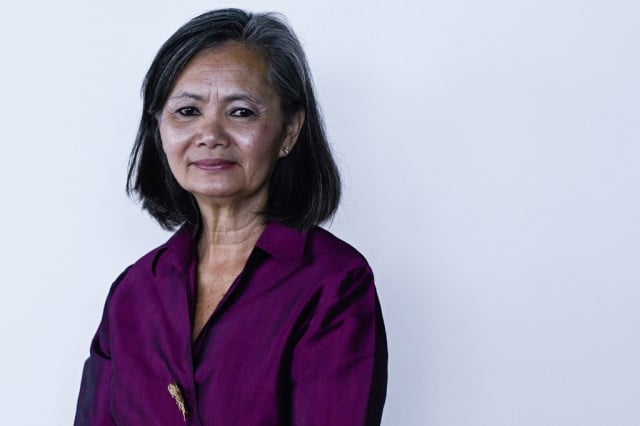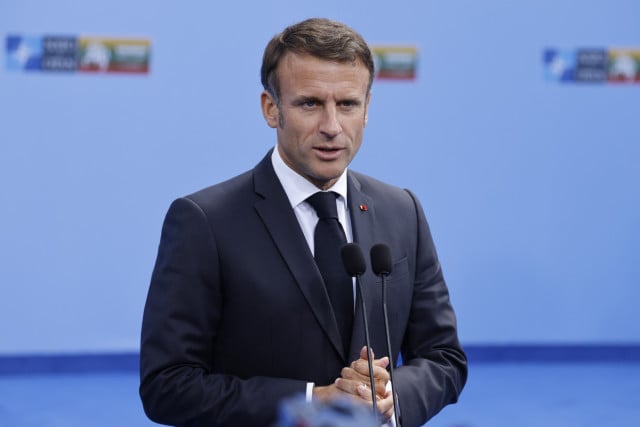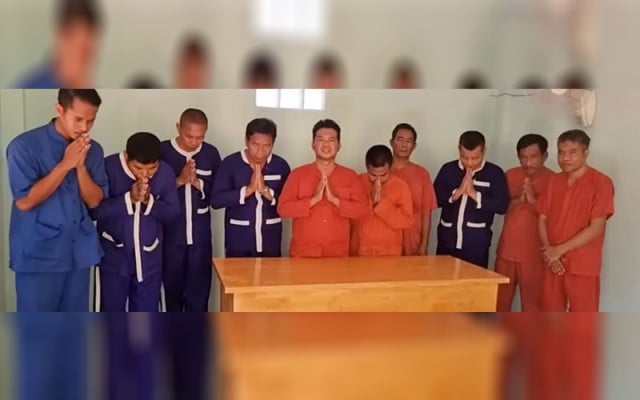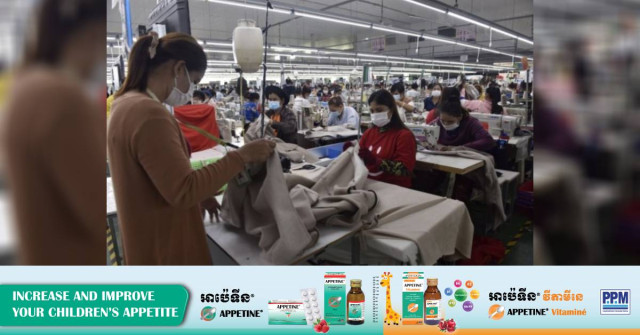CNRP Leaders Plan to Return to Cambodia on Jan. 4, 2021

- Phoung Vantha and Gerald Flynn
- December 1, 2020 6:50 AM
CPP spokesperson Sok Eysan said the CNRP leaders are not welcome, despite the court summons, but opposition figures forge ahead with their proposed return.
PHNOM PENH--Issuing a statement on Dec. 1, numerous leadership figures of the outlawed opposition Cambodia National Rescue Party (CNRP) announced their plans to return to Cambodia on Jan. 4, 2021 in order to stand trial.
More than 100 CNRP lawmakers, including interim-leader Sam Rainsy, deputy-leaders Mu Sochua and Eng Chhai Eang were summoned on Nov. 3, along with former CNRP lawmakers Ho Vann, Long Ry, Ou Chanrith, Kong Saphea and Um Sam An.
The Phnom Penh Municipal Court has ordered the CNRP leadership to stand trial for conspiracy and incitement to commit a felony, although the charges are widely regarded as bogus and politically motivated. The initial trial was slated for Nov. 26, but two recent COVID-19 outbreaks have delayed proceedings and the trial is set to reconvene next year.
Following a three-day video conference in November 2020, the Standing Committee of the CNRP agreed that exiled leaders living abroad would return to Cambodia on Jan. 4, 2021.
“The earliest we can get there will be Jan. 4,” explained deputy CNRP leader Mu Sochua, who has been living abroad since 2017 following Prime Minister Hun Sen ordered her arrest.
Having previously approached the Cambodian Embassy abroad, Sochua has tried to acquire a valid Cambodian passport on which to travel, after her previous passport was revoked by the Cambodian government. The lack of cooperation between the Ministry of Foreign Affairs and the exiled leaders has resulted in only those CNRP lawmakers with foreign passports and summons being able to attend.
“The court has summoned us, there is a trial set—we want a fair trial, we have the full right to be at our trial and the courts should order the government to facilitate our safe passage without obstruction of the court proceedings,” explained Sochua.
However, despite the court summoning the CNRP leaders, Sok Eysan, spokesperson for the Cambodian People's Party (CPP) said that the outlawed opposition leaders weren’t welcome.
“Those members of the illegal rebel group who broke the law, if they arrive in Cambodia, they will be dealt with according to Cambodian law,” he added, but refused to say whether the government would block the CNRP from returning as it had in the past.
As such, it remains unclear whether the CNRP leaders’ latest plan to return will go ahead—previous attempts by Sam Rainsy to return in November 2019 were quashed as Hun Sen requested neighboring countries to prevent the CNRP from returning.
Decrying any denial of entry to the country as an obstruction of justice, Sochua railed against the government’s apparent unwillingness to allow her to attend her own trial.
“Innocent till proven guilty. That is Article 38 of the Constitution and respected in any independent court of justice—so how do people who break the law get to defend themselves?” she asked.
While Cambodia’s courts have long been regarded as under control of the ruling Cambodian People’s Party and many civil society organizations have warned that should the CNRP leadership stand trial, they are unlikely to have a fair trial, Sochua said she remains undeterred.
“If we were afraid of jail, we would quietly, safely remain in exile,” she said. “We know the consequences and we want to be present at our trial.”















